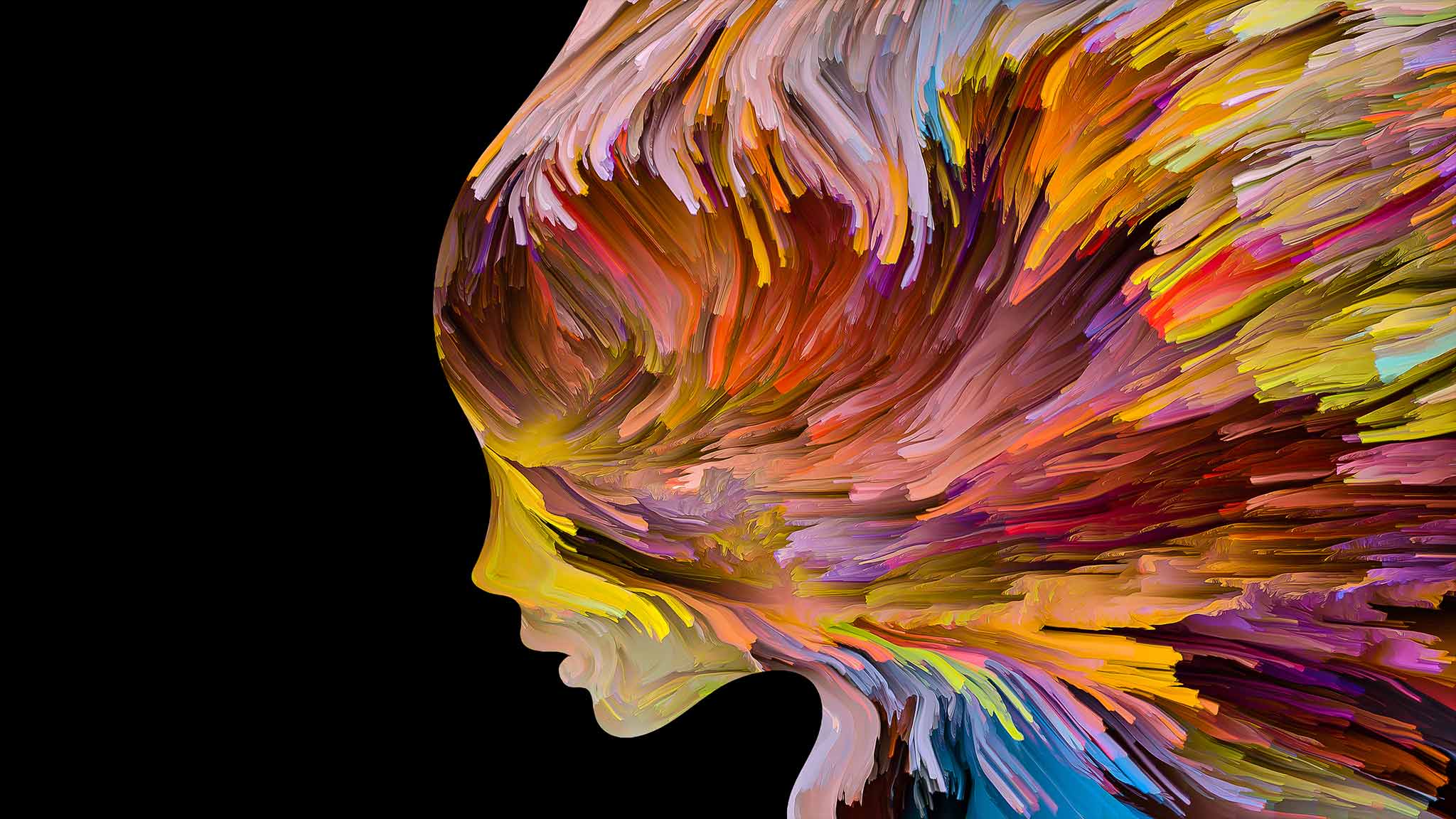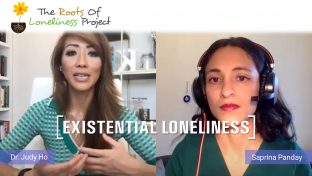When Social Anxiety Leads To Loneliness And How I Broke Free

With social anxiety, a person may really want to connect with others but is unable due to fears that are more imagined than real.
- Those with social anxiety may suffer from a variety of physical and mental symptoms that are often seen as trivial, leading to few people seeking treatment within the first year such symptoms emerge.
- The most effective treatment options for social anxiety may include prescribed medication and cognitive behavioral therapy.
Struggling with loneliness or having a mental health crisis?
- Suicide Prevention Lifeline: 1-800-273-TALK (8255); Deaf or hard of hearing dial 711 before the number or connect via online chat
I have depression.
As it turns out, I am in good company along with over 17 million other people in the United States, and more than 264 million people worldwide.
I don’t talk about my depression very often because, with the help of medication and routine doctor visits, I have it well managed.
However, this wasn’t always the case.
In my early twenties, my depression initially manifested as chronic social anxiety.
This, in turn, led to a cycle of shame and loneliness that plagued me for several years and made my depression worse.
That time I wanted to “find myself” by taking a semester off from school? I was simply unable to sit in class without experiencing anxiety-induced stomach aches and sweats.
The parties I was “too busy” to attend? I was terrified at the thought of standing by the proverbial punch bowl, awkward and alone.
The countless budding friendships that I didn’t have the guts to pursue? Yep, you guessed it: social anxiety was rearing its ugly head again!
Social anxiety truly sucks — I know because I’ve lived it firsthand.
The worst part? As more time passes, it can lead to a downward spiral of loneliness and isolation that becomes exponentially harder to break free from.
The Relationship Between Social Anxiety, Being Introverted, And Loneliness
There’s a pretty big difference between introversion and social anxiety.
Introversion is a person’s natural preference for spending time alone. They’re not necessarily shy or lonely — they simply prefer engaging with others in more intimate settings.
Social anxiety symptoms can be physical as well as mental, and may include:
- Sweating
- Blushing
- Trembling
- Accelerated heart rate
- Difficulty breathing
- Upset stomach
- Dizziness
- Intense fear of talking with strangers
- The overwhelming feeling that everyone knows you’re anxious and is judging you
- Fear of being humiliated or embarrassed
While others may see us as “antisocial,” people with this type of anxiety often avoid social situations as a way of managing these rather terrifying symptoms.
People with social anxiety may have a hard time making eye contact with others, eating in public or joining others for Thanksgiving and other holiday celebrations, making friends at work, or even starting conversations with people.
This can be incredibly disheartening and can lead to increased loneliness and isolation over time.
It’s important to note that many people experience social anxiety in varying degrees and different situations during their lives — it’s often just a part of being human.
For example, how many of us get sweaty palms at the mere thought of speaking in public?
However, when your social anxiety becomes chronic, as in the case of social anxiety disorder, and it’s affecting your day-to-day life or your ability to make connections and form relationships, it’s time to get proactive and seek some help.
The Importance Of Seeking Treatment For Social Anxiety Disorder
Your situation can feel hopeless when you’re suffering from social anxiety and loneliness.
When I was going through it, myself, I remember thinking: “Maybe this is just my natural personality. Maybe I’m just weird and awkward, and destined to be lonely forever…”
But that wasn’t logic talking — that was my anxiety.
And I was dead wrong.
There are effective options available to treat social anxiety, but the two best ways are through medication and cognitive behavioral therapy — and these are often used together.
- Medication: When treating social anxiety, doctors will sometimes prescribe SSRIs, which are a class of antidepressants that include drugs such as Zoloft, Celexa, and Lexapro.These medications work by stabilizing serotonin levels in the brain, which decreases a person’s levels of anxiety and regulates their moods, making SSRIs very popular for managing depression and social anxiety.
- Cognitive Behavioral Therapy: Also known as CBT, this is also commonly used to treat social anxiety. The whole idea behind CBT is that our thought patterns affect our emotions, which in turn affect our behaviors.
Cognitive behavioral therapy encompasses many different techniques depending on the patient and their needs.
For example, with cognitive restructuring, you would look at your negative thought patterns and analyze how they can become self-fulfilling prophecies.
Other CBT techniques include exposure therapy to confront your fears, role-playing, journaling, deep breathing exercises, and more.
Of course, your doctor or therapist will help you develop the right plan of action to treat your social anxiety, whether this involves therapy, medication, or both.
For me, it was a combination of the two that did the trick.
It’s important to remember that everybody’s needs are unique and there is no “one size fits all” plan when it comes to mental healthcare.
Oftentimes, treatment for social anxiety is a process of trial and error, but it is well worth the effort.
While each person’s treatment is specifically catered to their needs, it often employs therapy and medication in tandem.
Closing Thoughts
It can be incredibly difficult to reach out and get help because social anxiety, by its very nature, causes us to withdraw from others.
However, it’s important to be brave, push past your fears, and realize that social anxiety is not a life sentence of loneliness.
Take it from me: It’s a cycle that can be broken.
Editor’s Note: This article is part of The Roots Of Loneliness Project, the first-of-its-kind resource that comprehensively explores the phenomenon of loneliness and over 100 types we might experience during our lives.
Find Help Now
If you’re struggling with loneliness stemming from social anxiety, we’ve put together resources to meet you wherever you are — whether you want someone to talk to right now, or are looking for longer-term ways to help ease your loneliness.
- Suicide Prevention Lifeline: 1-800-273-TALK (8255); Deaf or hard of hearing dial 711 before the number or connect via online chat
- Resources & Emotional Support For Loneliness
- Volunteer & Pet Adoption Opportunities






